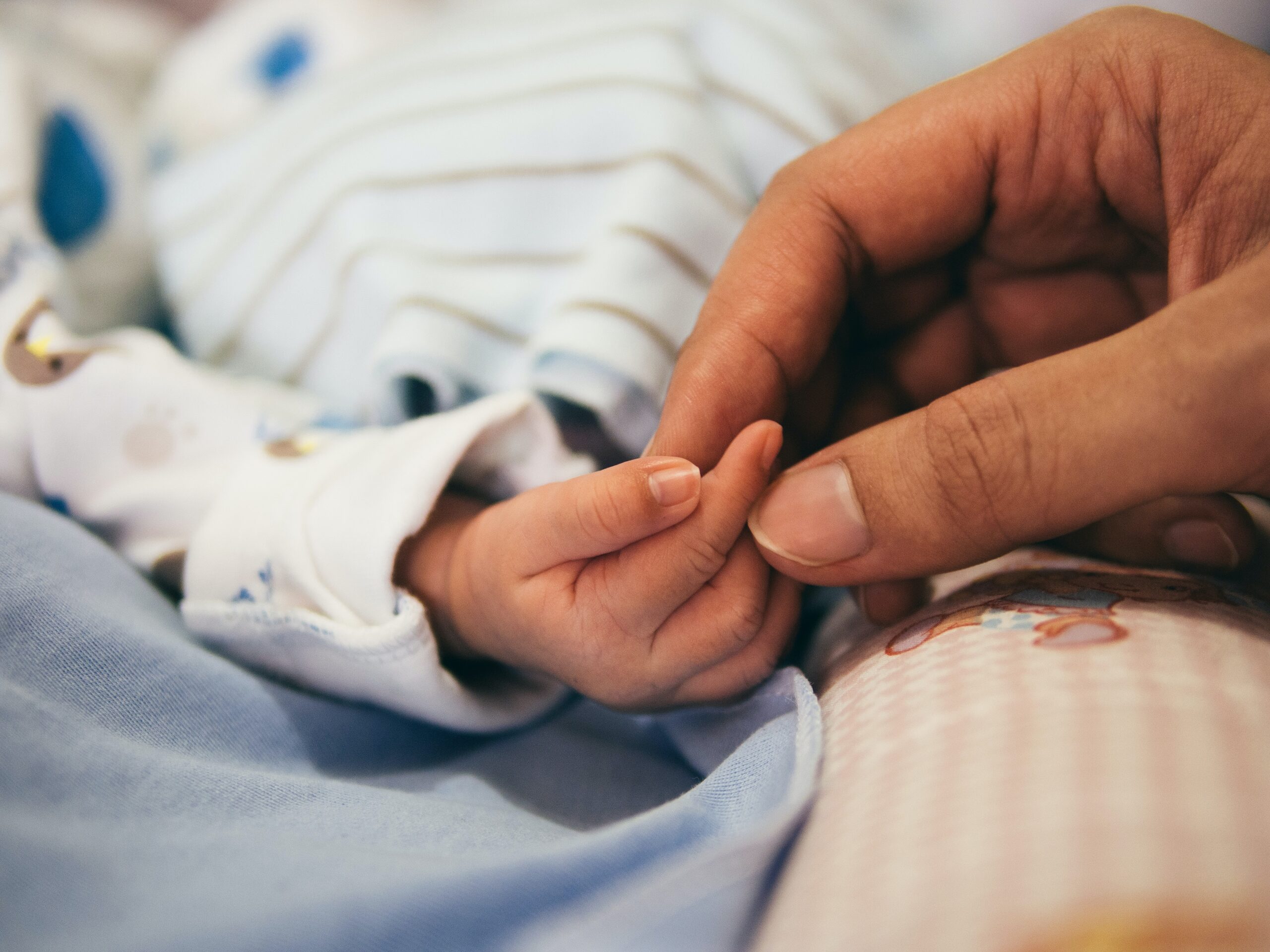by Eric Clive, CBE, FRSE, Professor emeritus, Edinburgh University Law School
The Secretary of State for Scotland, a Minister of the United Kingdom government, has made an order under section 35 of the Scotland Act 1998 blocking Royal Assent to the Gender Recognition Reform (Scotland) Bill 2022, a bill passed by the Scottish Parliament with a large majority and after considerable consultation and debate. The Scottish government is challenging this order by means of a petition for judicial review. The section 35 order raises important constitutional law issues. It also has private law aspects. It is the latter which are considered here.
One of the reasons given for making the order is that having two different systems for issuing gender recognition certificates within the United Kingdom would cause serious problems. This immediately strikes a private lawyer as odd. We have had dual systems in the law of persons for centuries – in the laws on marriage, divorce, legitimacy, incapacity and other matters of personal status – and they have not given rise to serious problems. This is because the rules of private international law, even in the absence of statutory provision, did not allow them to. A personal status validly acquired in one country would, subject to a few qualifications, be recognised in the other. There is no reason to suppose that this rule is dead, or incapable of application to the personal status of gender. There is no reason to suppose that the new situation feared by the Secretary of State – that a person might be legally of one gender in Scotland and another in England – would ever arise.
Leave a Comment
